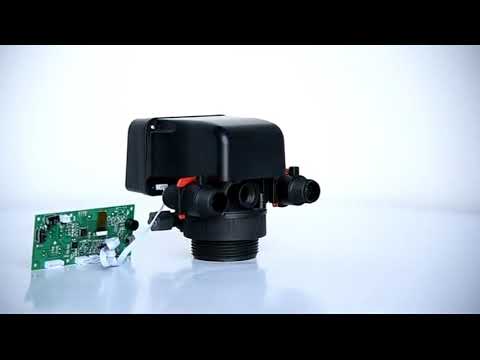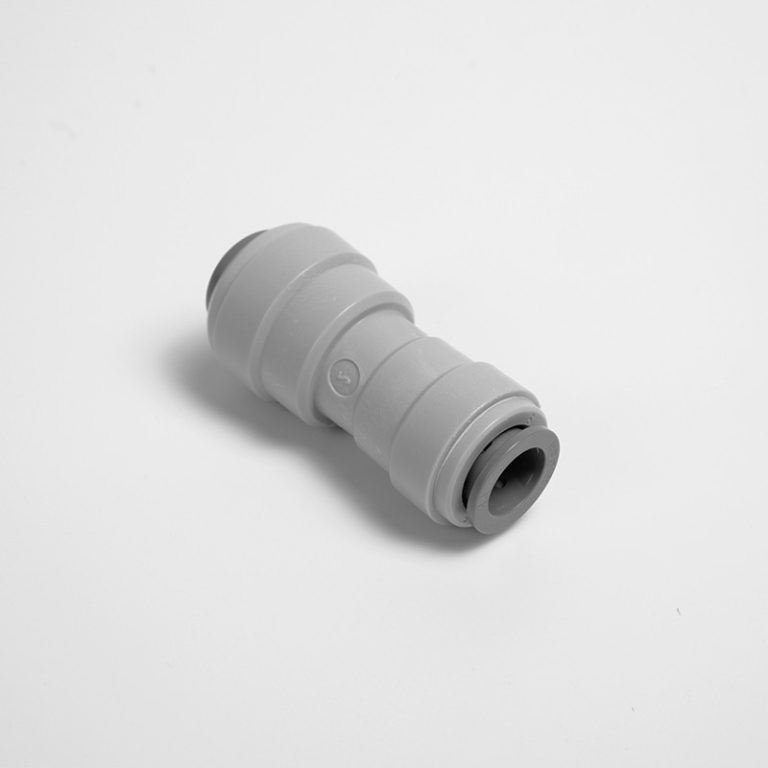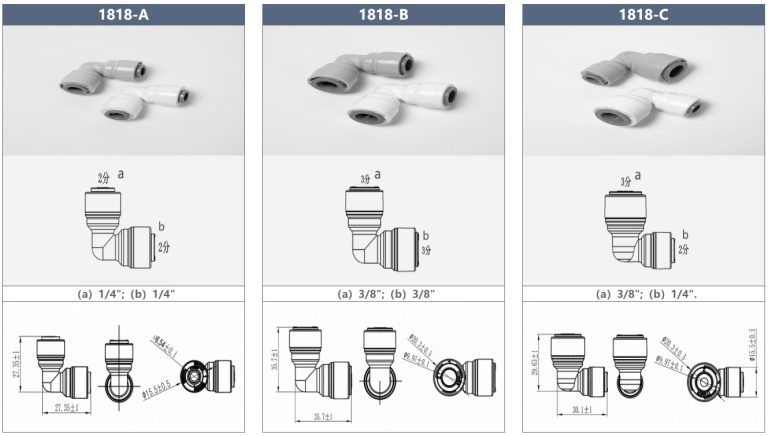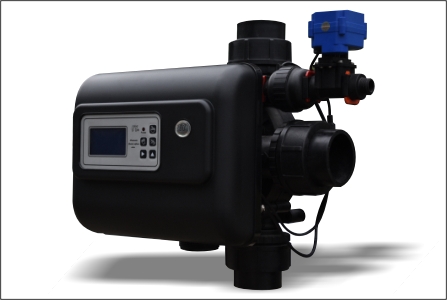“Clean water, priceless health.”
The Cost of Advanced Filtration Technology
Water filters are essential tools for ensuring clean and safe drinking water in our homes. With the increasing awareness of water quality issues, many people are turning to advanced filtration technology to remove contaminants and impurities from their tap water. However, one common concern that arises when considering purchasing a water filter is the high cost associated with these advanced filtration systems.
There are several reasons why water filters can be expensive. One of the main factors contributing to the high cost of advanced filtration technology is the complexity of the filtration process. Advanced water filters use a combination of different filtration methods, such as reverse osmosis, activated carbon, and UV sterilization, to effectively remove a wide range of contaminants from water. These filtration systems require sophisticated technology and high-quality materials to ensure optimal performance, which can drive up the cost of production.
Another factor that contributes to the high cost of water filters is the research and development that goes into creating these advanced filtration systems. Companies invest significant resources into developing new filtration technologies that are more efficient and effective at removing contaminants from water. This research and development process can be time-consuming and expensive, leading to higher production costs that are passed on to consumers.
In addition to the complexity of the filtration process and the research and development costs, another reason why water filters can be expensive is the quality of the materials used in their construction. Advanced filtration systems are typically made from high-quality materials that are durable and long-lasting. These materials are designed to withstand the rigors of daily use and provide reliable filtration performance over time. While these high-quality materials contribute to the effectiveness of the water filter, they also add to the overall cost of the product.
Furthermore, the cost of certification and testing can also drive up the price of water filters. In order to ensure that a water filter meets industry standards for water quality and safety, manufacturers must submit their products for rigorous testing and certification by independent third-party organizations. These certification processes can be time-consuming and expensive, as manufacturers must demonstrate that their filtration systems are effective at removing contaminants and providing clean, safe drinking water.

Despite the high cost of advanced filtration technology, many people are willing to invest in water filters to ensure the health and safety of their families. The peace of mind that comes from knowing that your drinking water is free from harmful contaminants is priceless, and many consumers are willing to pay a premium for high-quality water filtration systems.
| Model | Valve Material | Inlet/Outlet | Continuous (0.1Mpa drop) | Peak (0.175Mpa drop) | Cv** | Maximum Backwash (0.175Mpa drop) | Distributor Pilot | Drain Line | Brine Line | Mounting Base | Height (from top of the tank) |
| CM31 | Unleaded brass | 2″ | 21.59m³/h | 28.18m³/h | 24.8 | 105gpm | 2″ | 2″ | 1″(male) | 4″-8UN (top) | 10″ |
In conclusion, the high cost of water filters can be attributed to a variety of factors, including the complexity of the filtration process, the research and development costs, the quality of materials used, and the certification and testing requirements. While the price of advanced filtration technology may seem steep, the benefits of clean and safe drinking water far outweigh the cost. By investing in a high-quality water filter, you can ensure that your family has access to clean, healthy water for years to come.





